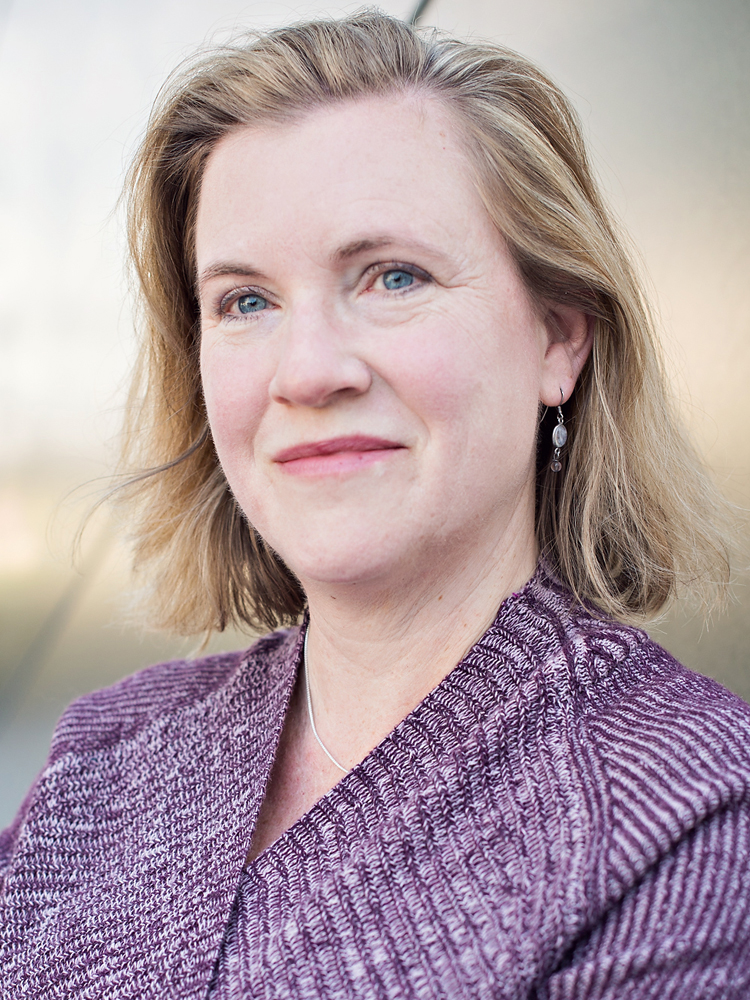Elline Lipkin is the author of The Errant Thread, chosen by Eavan Boland for the Kore Press First Book Award, and Girls’ Studies (Seal Press, 2009). She is the current poet laureate of Altadena, a research affiliate with UCLA’s Center for the Study of Women, and teaches poetry for Writing Workshops Los Angeles. She blogs about a recent P&W–supported writing workshop with Suzanne Lummis at the Altadena Public Library in Altadena, California.
 New to Altadena, and still new as its poet laureate, this past fall I tried to think about what programming would best serve this community—an unincorporated area in Los Angeles County, nestled in the San Gabriel foothills and blending into the borders of Pasadena. I decided a poetry workshop in February would be just the thing to build community and generate interest in poetry in advance of National Poetry Month and other planned literary events. Who might come in to teach enthusiastic poets who write for the joy of expression, the desire to play with words, and the chance to connect with community, I wondered.
New to Altadena, and still new as its poet laureate, this past fall I tried to think about what programming would best serve this community—an unincorporated area in Los Angeles County, nestled in the San Gabriel foothills and blending into the borders of Pasadena. I decided a poetry workshop in February would be just the thing to build community and generate interest in poetry in advance of National Poetry Month and other planned literary events. Who might come in to teach enthusiastic poets who write for the joy of expression, the desire to play with words, and the chance to connect with community, I wondered.
Then, as a volunteer with WriteGirl, a Los Angeles-based organization that teaches creative writing to teenage girls, I had the pleasure of witnessing Suzanne Lummis lead a poetry workshop. She was brash, funny, direct, and engaging—all the components that make a great teacher. I knew she would be the perfect person to teach a community workshop at the Altadena Public Library.
The workshop was set up in the Altadena Library community room, which they assured me would be large enough. When I arrived at 12:15 PM to set up for the workshop’s 1:00 PM start, there were already people sitting at the tables. By 12:40 PM someone suggested we look for more chairs and ideally, more tables. By the time the workshop started at 1:05 PM, people were standing in the doorway as I scrambled to make more handouts and the staff set up rows of folding chairs. Close to seventy people crammed into the room.
As I’d hoped, Suzanne again was brash, funny, direct, and engaging. She wedged her way between the closely positioned tables and made certain to talk to people at every corner, all while keeping a current of excitement in the air as she called on participants to respond.
Suzanne’s first exercise was to copy down the phrase, “The judge ran down my list of offenses....” The crowd fell silent, and after a scant eight minutes was ready to share. Suzanne offered on-the-spot critique: “Always stay a step ahead of the reader—don’t go where you think the reader wants you to go.” She emphasized making lines vivid and rich with specificity and moving away from the prosaic.
For another writing exercise, she asked for suggestions she recorded on a whiteboard—names of flavors, fragrances, flowers, and movie stars. The whiteboard was covered with sensory suggestions—chaparral, night-blooming angel’s trumpet, ginger, sassafras, peppermint, and licorice. Helen Mirren, Idris Elba, Barbara Stanwyck, and Marlon Brando mixed in their own column. The assignment was to pick something from each category and “let the words lead you.” “Don’t be literal” was another key piece of advice, alongside, “Keep your writing connected to the sensory and palpable.”
There was barely time to share before the hour and a half was up. A crowd surrounded Suzanne as the event ended. I watched them pour out of the room, buzzing with ideas for their poems, sharing lines and thoughts about the exercises, clearly hungry for the connection poetry brings. I knew I had found the right person for this community, and I was thrilled.
Major support for Readings & Workshops in California is provided by the James Irvine Foundation and the Hearst Foundations. Additional support comes from the Friends of Poets & Writers.
Photo: Elline Lipkin (Credit: Sylvia Gunde).





